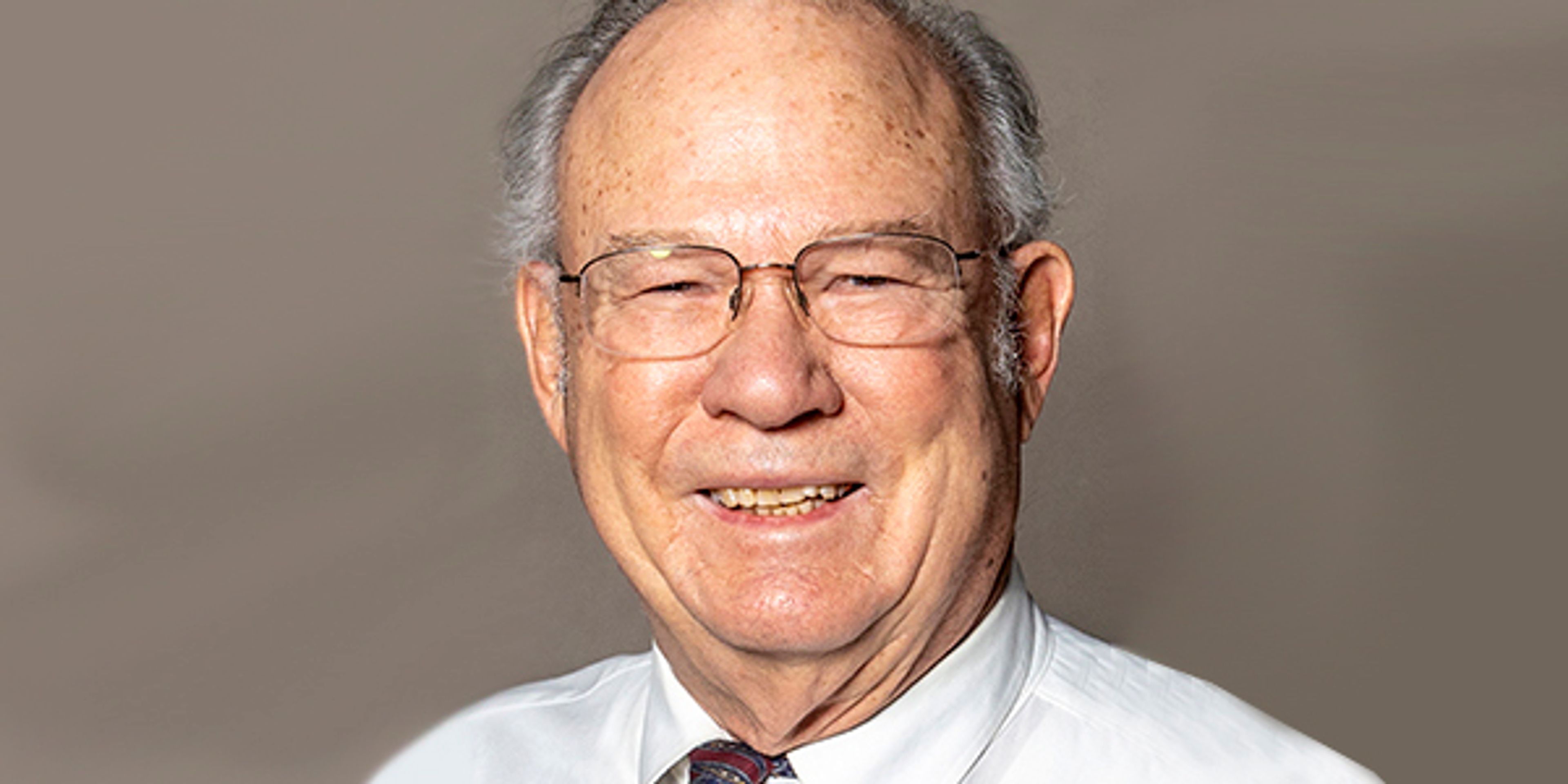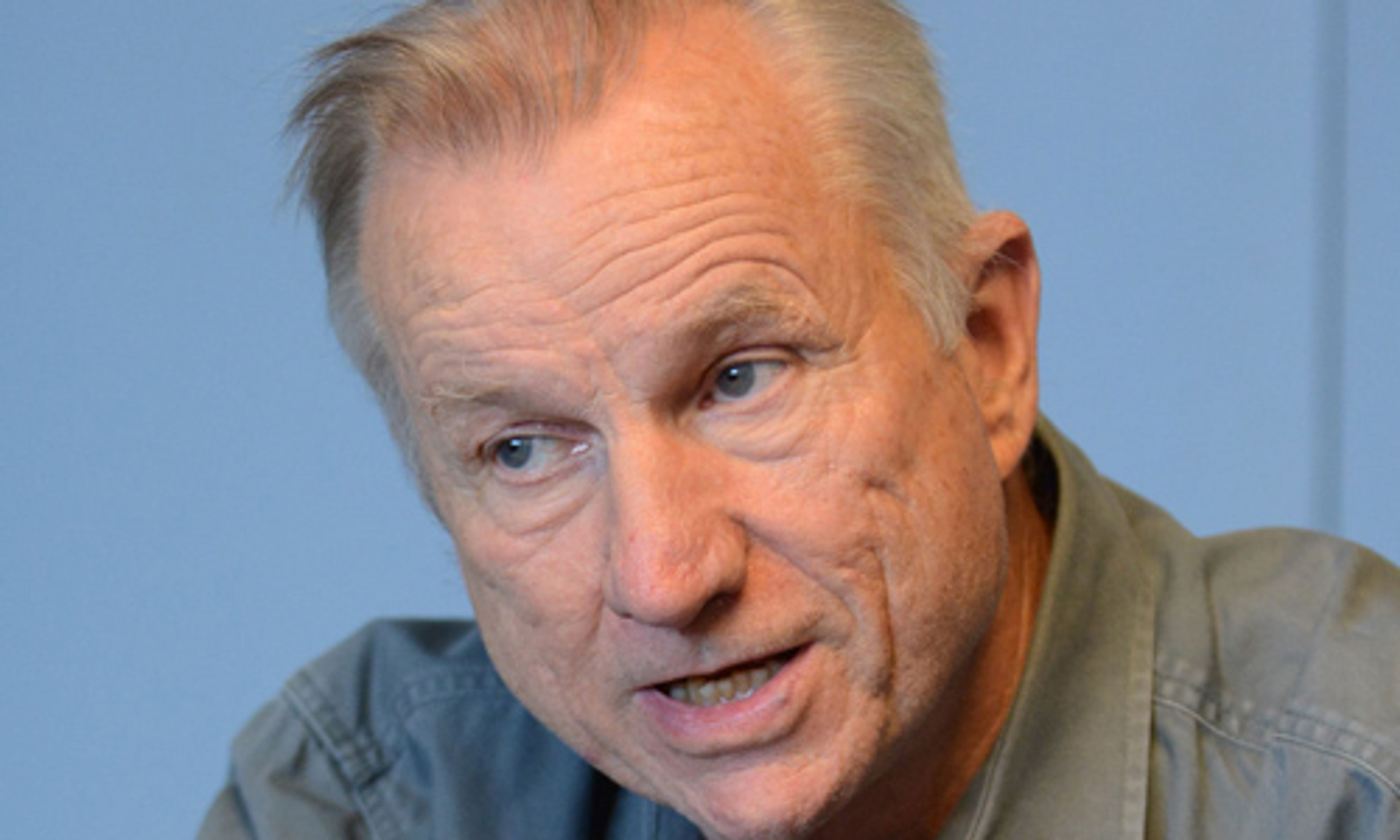Fearing failure, children become slaves to our praise
Commentary Esther J. Cepeda
CHICAGO - School starts next week and my two sons are inconsolable about having to return to their hated "prisons."
Based on the teachings of professor and researcher Carol Dweck, author of "Mindset: The New Psychology of Success," they surely have a fixed idea about themselves.
These boys believe that people are either brilliant or not - and that any effort put into activities has little impact on personal successes. What's more, they believe that they are who they are - individuals who don't like school - and there's not much to be done about it.
This translates into an academic experience in which few risks are taken because failure reflects on their own unchangeable traits, and success carries with it the burden of having to live up to a higher, more difficult bar.
And where did they get this terrible mindset? From their well-meaning parents, of course.
We read all the top books about nurturance, discipline, praise and self-esteem. But it turns out we did it all wrong.
Fifteen years ago, when we were carefully obeying all the latest parenting trends promising to yield happy, high-performing children, Dweck was only just starting to struggle with her own fixed-mindedness and still several years from becoming the cutting-edge influence she has become to scholars and teachers.
That doesn't spare us, however, from feeling gut-punched to read this from Dweck:
"No parent thinks, 'I wonder what I can do today to undermine my children, subvert their effort, turn them off learning, and limit their achievement.' Of course not. They think, 'I would do anything, give anything, to make my children successful.' Yet many of the things they do boomerang. Their helpful judgments, their lessons, their motivating techniques often send the wrong message."
According to Dweck, simplistic praise for success sets up children to believe that their parents' love or self-worth is tied to their ultimate performance, rather than their hard work toward a goal - a sense that makes every subsequent action a high-stakes endeavor that could end either with only more, similar praise or with a devaluing of the child's abilities and self-esteem.
Combine this with an "everyone is special" society and the ubiquitous educational philosophy that enables children to believe they're perfect and you've got a recipe for kids who don't love learning and can't see the point in trying harder.
Dweck shows how unconstructive praise can undermine parental efforts: "Parents think they can hand children permanent confidence - like a gift - by praising their brains and talent. It doesn't work, and in fact has the opposite effect. It makes children doubt themselves as soon as anything is hard or anything goes wrong."
Teachers do it, too. "When we say to children, 'Wow, you did that so quickly!' or 'Look, you didn't make any mistakes!' what message are we sending?" Dweck asks. "We are telling them that what we prize are speed and perfection. Speed and perfection are the enemy of difficult learning: If you think I'm smart when I'm fast and perfect, I'd better not take on anything challenging.'"
Dweck believes that the best thing teachers and parents can do is "teach their children to love challenges, be intrigued by mistakes, enjoy effort, and keep on learning. That way, their children don't have to be slaves of praise. They will have a lifelong way to build and repair their own confidence."
These words couldn't ring more true in my home.
My husband and I - both of us motivated by the two-sided coin of success and failure - have spent years focused on academic achievement as the confirmation of effort and talent.
Had we spent a lifetime praising commitment, diligence, inquisitiveness and perseverance instead of merely preaching it, our sons might not be so worried that challenges could reflect low intelligence instead of seeing them as opportunities to grow and learn.
It's not too late, though. Anyone can change their mindset and influence others' mindsets, although it is not fast or easy. Instead of "How was your day?" try "What mistake did you make that taught you something?" or "What did you try hard at today?"
But these are measly tips. Any parent, teacher or coach hoping to make a difference in a child's life first has to understand their own beliefs - and then decide if they're willing to invest in cultivating their own growth mindset.
---
Cepeda writes for the Washington Post. Her email address is estherjcepeda@washpost.com.






